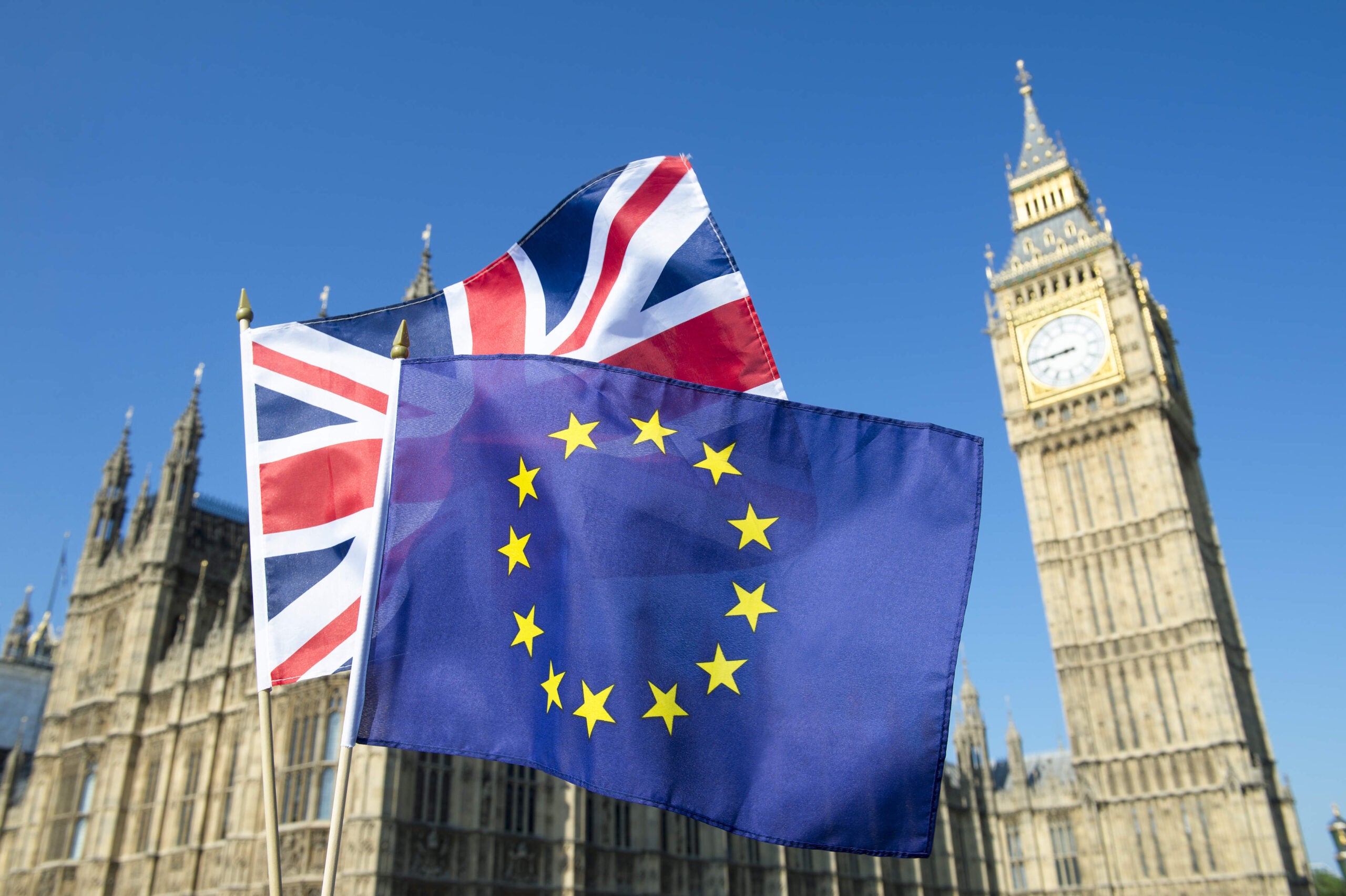
The news that Prime Minister Boris Johnson has asked the Queen to suspend parliament has sent shockwaves around the UK political sphere, with the prospect of the longest suspension of parliament in 400 years looming.
But what could this extended prorogation mean for the tech industry?

Access deeper industry intelligence
Experience unmatched clarity with a single platform that combines unique data, AI, and human expertise.
What is prorogation?
Prorogation is the official term used when a parliamentary session ends, meaning any legislation currently being discussed is dropped unless carried over. Prorogation usually happens for a short time, however Johnson is proposing suspending parliament for 23 working days, which when added to the three-week planned suspension in which party conferences are held, would mean business would stop for five weeks.
Opponents have claimed that this would mean that there would only be a short window in which MPs could pass any legislation against leaving the EU without a deal or hold a vote of no confidence, with Parliament’s summer recess only ending on 3 September.
How could suspending parliament affect tech businesses?
As well as having serious implications for Brexit planning, suspending parliament could have an impact on tech businesses throughout the UK and further afield.
Not only has the announcement caused the value of the pound to fall, but if parliament is suspended, no laws can be passed, which according to the BBC, could mean that any extra money or resources that may help organisations cope with a possible no-deal Brexit cannot be allocated.

US Tariffs are shifting - will you react or anticipate?
Don’t let policy changes catch you off guard. Stay proactive with real-time data and expert analysis.
By GlobalDataYesterday, Business Secretary Andrea Leadsom launched a Brexit readiness fund, a £10m grant scheme to help businesses preparing for Brexit. However, if prorogation goes ahead, it may be difficult for organisations to access this money. Considering the implications of the leaked Operation Yellowhammer document, this additional funding may be much-needed.
Writing in The Sunday Telegraph, Leadsom said that she wanted “businesses to see a team in the heart of Whitehall that’s helping them to get the best out of Brexit – talking up their trade at every opportunity.” However, with Parliament suspended, this may not be possible.
Tech UK told The Register that tech companies in the UK “continue to require information and support in the months that follow and continued government support for that will be necessary.” For startups that receive investment from EU countries, it may also become more difficult to get funding due to continued political uncertainty.
Many businesses are “uncertain of their future”
Jenny Tooth CEO of the UK Business Angels Association believes that continuing to secure investment regardless of political uncertainty is vital:
“Brexit has left many UK businesses uncertain of their future. For entrepreneurs in the regions, it will be vital to ensure that they can continue to secure the investment need in view of the loss of European Investment Bank Funds and European Regional Development Funds. A no-deal Brexit will hit the regions hardest, especially those businesses which rely on importing or exporting from the EU, and the talent influx of EU members.
“Regardless of the Brexit outcome, I hope that the government will make it their business to support SMEs, entrepreneurs and investors.”
However, Luke Davis, CEO of IW Capital believes that the political climate could be positive for investors and SMEs:
“We have seen a lot of speculation about Boris’ plans to support business in the UK and how he will ensure that the economy grows after Brexit. This looks like the precursor to a major announcement that could potentially be great for investors and small businesses in the UK. Cuts to corporation tax and possible extensions to the tax efficiencies available through EIS could be used to stimulate the growth of SMEs and encourage investors to support early-stage businesses with the potential for huge growth. It is likely that tax cuts or incentives designed for this purpose will be more than made up for by increased revenues from job creation, exports and the innovations these small businesses often provide.”
Read More: Operation Yellowhammer: How could data flow be affected by a no-deal Brexit?






